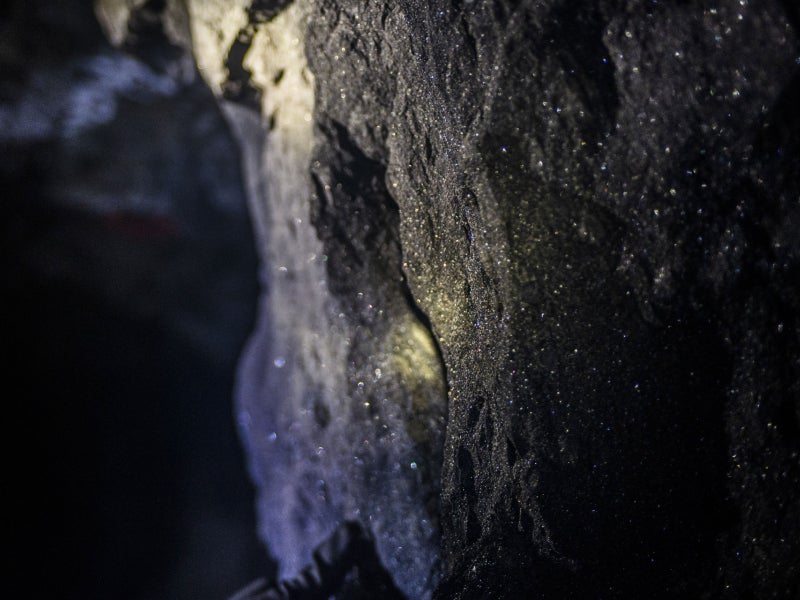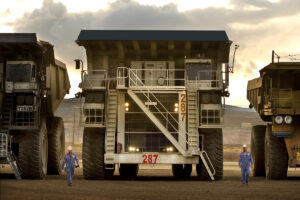Platinum rich South African mines such as this have been beset by issues that are fueling a global hike in the price of the metal. (Photo by Waldo Swiegers/Bloomberg/Getty images)
The price of platinum has risen amid concerns of a coming shortage of the metal.
The concerns have been fuelled by mining troubles in South Africa, the world’s largest platinum producer. Miners have predicted as much as a 15% contraction in output as a result of consistent power outages in the country, where up to 75% of the world’s platinum is mined.
The metal, utilised in catalytic converters for cars, hit a 13-month price high after a series of investors forecast shortages of the material. Suki Cooper, analyst for Standard Chartered, said: “We think this is the first year of serial deficits in the platinum market”.
Power outages remain frequent in South Africa, due to a shortfall in generation capacity. This has caused several periods of routine blackouts over recent months, with a “state of disaster” declared in February. Several measures have aimed to move generation away from the country’s fleet of aging coal plants towards more reliable energy sources.
Platinum mining setbacks
Until then, the blackouts continue to greatly affect the ability of firms to mine. Deep platinum mines require constant light and temperature regulation while power fluctuations can put vital equipment under stress. Many mines run smelters at reduced levels in order to reduce stress on the fragile power grid.
Mining giant Anglo American cited all these reasons in explaining a 25% reduction in its year-on-year platinum production in 2022. The company also reduced its production estimations for 2023 and 2024 by similar levels, indicating an expectation for this reduction in platinum production in the country to be a sustained trend.
At the same time, national rail operator Transnet SOC was beset by internal strife hampering mineral exports. In October, Transnet workers went on strike, forcing the company to declare force majeure on its Kumba mine transport link. Anglo American, which operates the Kumba site, estimated the productive cost of the 11-day strike at 800,000 tonnes of ore. It further estimated an impact to exports of 120,000 tonnes a day over the course of the strike. In total, the company said it lost more than $540m from the subsequent stockpile. This has caused the firm to revise down its projected production of all minerals in the country for 2023.
This article was published by: Alex Donaldson
Visit the original article here



